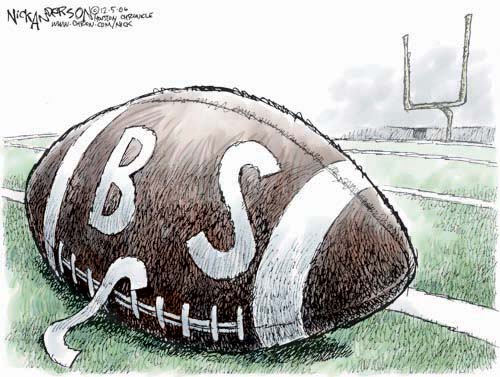By Germain Favor
With a little less than a month left in the baseball season, pundits and analysts alike are starting to tell us who they believe should win the various individual awards for the 2011 season. One of the hotly-debated topics is about Detroit Tigers’ pitcher Justin Verlander and whether or not he should be the American League Most Valuable Player. Some say that he should be the MVP because MVP is Most Valuable PLAYER, not Most Valuable BATTER. Others say he should not be MVP because a starting pitcher does not play on a regular basis. I for one say he is the AL MVP. If you look at Verlander’s stats, you will see he has the numbers needed to be an MVP. In 29 starts, Verlander is: (1) first in wins with 20; (2) first in Innings-pitched with 215.2; (3) first in strike-outs with 218; (4) second in earned run average with 2.38; (5) first in WHIP with .90; and (6) first in win percentage with .800. But the one thing that makes Verlander MVP is unquantifiable; his impact on the Tigers. Including his 4 “no-decisions”, the Tigers have won around 70 percent of their games started with Verlander on the mound. When another pitcher starts, the Tigers are near or below .500. That is the mark of an MVP.
An MVP should be a player that lifts his team. An MVP should be a player that, when he plays, the team is better than they are in the games in which he does not play. Verlander is all of that and then some. No other player in the American League has such an impact on a team that is in first place and the numbers to go with it. But there are those who think that Adrian Gonzalez of the Boston Red Sox, Curtis Granderson of the New York Yankees, or Jose Bautista of the Toronto Blue Jays is the MVP. Yes, all three have the numbers, but does Bautista, Granderson, and Gonzalez make their teams dramatically better? No. The Red Sox, Yankees, and Blue Jays do not play harder when they are in the lineup, nor does each team do worse when they are out. So are they good players? Yes. MVPs? No. Verlander fits the bill as an MVP because he has the numbers and the impact on his team that an MVP is supposed to have. The MVP voters need to do the right thing and make Justin Verlander the American League MOST VALUABLE PLAYER.
Germain Favor, for War Room Sports


